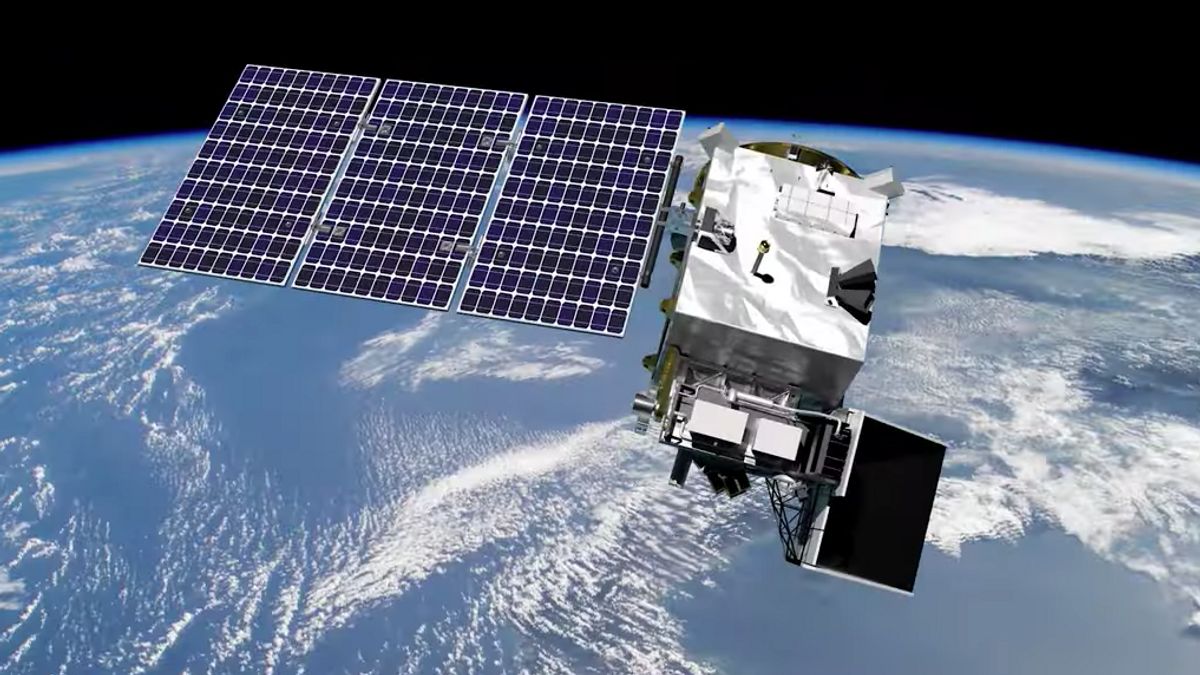JAKARTA – The PACE satellite has been designed since 2015 by the United States Aeronautics and Space Administration (NASA). Even though it has been designed for a long time, the satellite was only completed this year.
NASA says they are preparing to launch PACE. The plan is that this mission will be realized in January next year. This satellite will be used to collect data on the chemical composition and movement of aerosols and clouds.
"PACE will provide important insights into airborne particles of sea salt, smoke, man-made pollutants, and dust, collectively called aerosols, by observing how they interact with light," NASA wrote in an official release.
The hope is that PACE data can be used by scientists to provide answers about how aerosols influence cloud formation. The PACE mission will also help in distinguishing between ice clouds and liquid clouds.
Once in orbit, two instruments from PACE will start working. Each instrument will focus on observing aerosols and clouds. The results of observations of these two instruments will be combined to determine the form of interaction between the two.
The instruments or polarimeters at PACE were introduced under the names HARP2 and SPEXone. Both will measure light polarization angles that indicate specific characteristics of reflected light, according to PACE Deputy Project Scientist Brian Cairns.
また読む:
“Light leaving the Sun moves in all directions like waves, this is called unpolarized light. When interacting with something like clouds or aerosol particles, light can oscillate more in one direction than another,” explains Cairns.
So far, scientists have had tools to observe aerosols, but without polarimeters. Therefore, NASA built PACE with a polarometer as a capable support for observing aerosols and clouds.
The PACE satellite will scan Earth every two days to provide insights in real time. Any data collected by PACE will be received and immediately analyzed by scientists.
The English, Chinese, Japanese, Arabic, and French versions are automatically generated by the AI. So there may still be inaccuracies in translating, please always see Indonesian as our main language. (system supported by DigitalSiber.id)

















